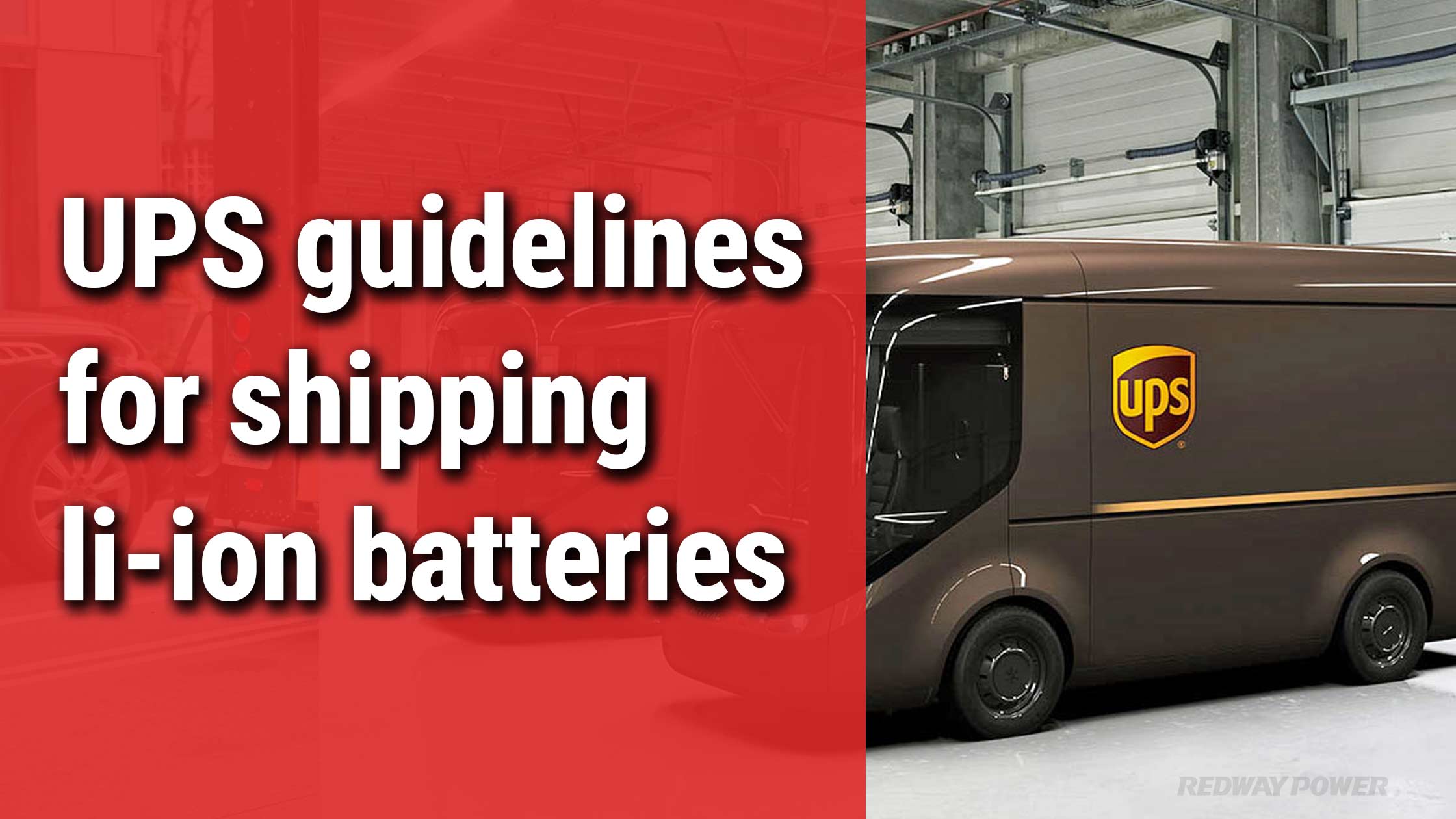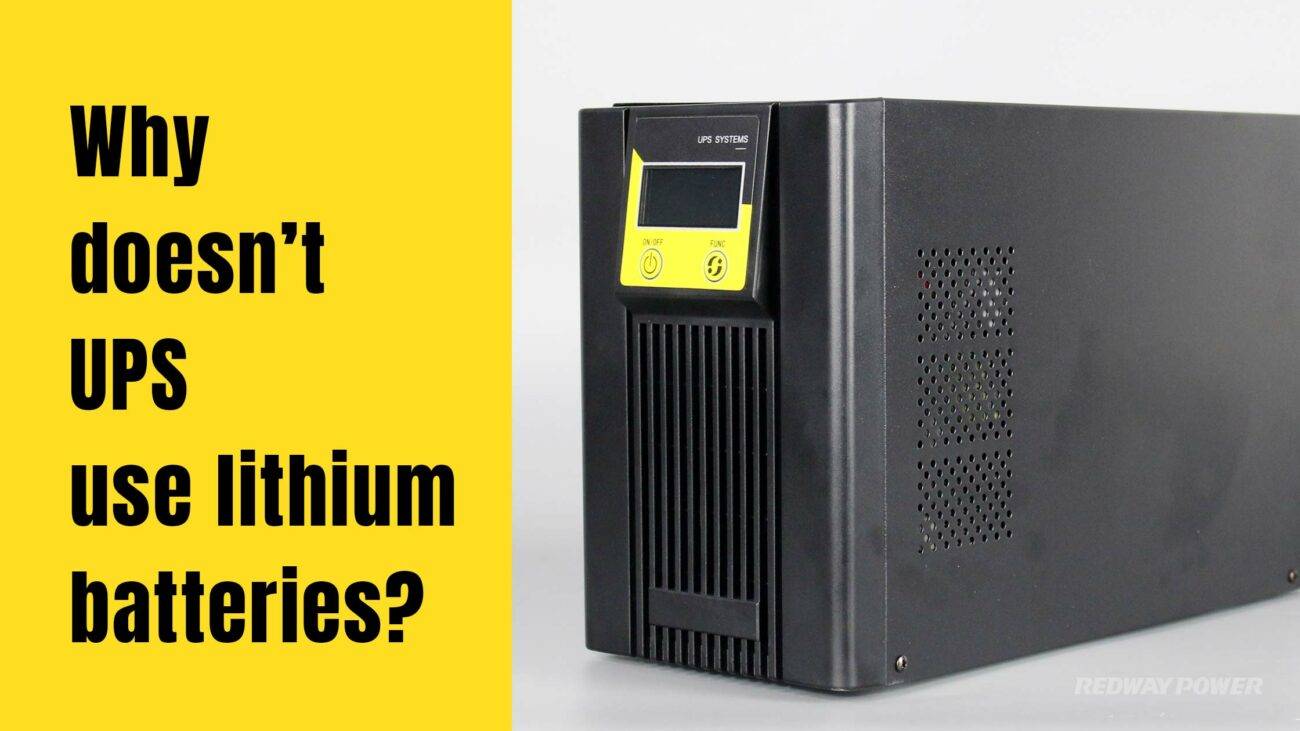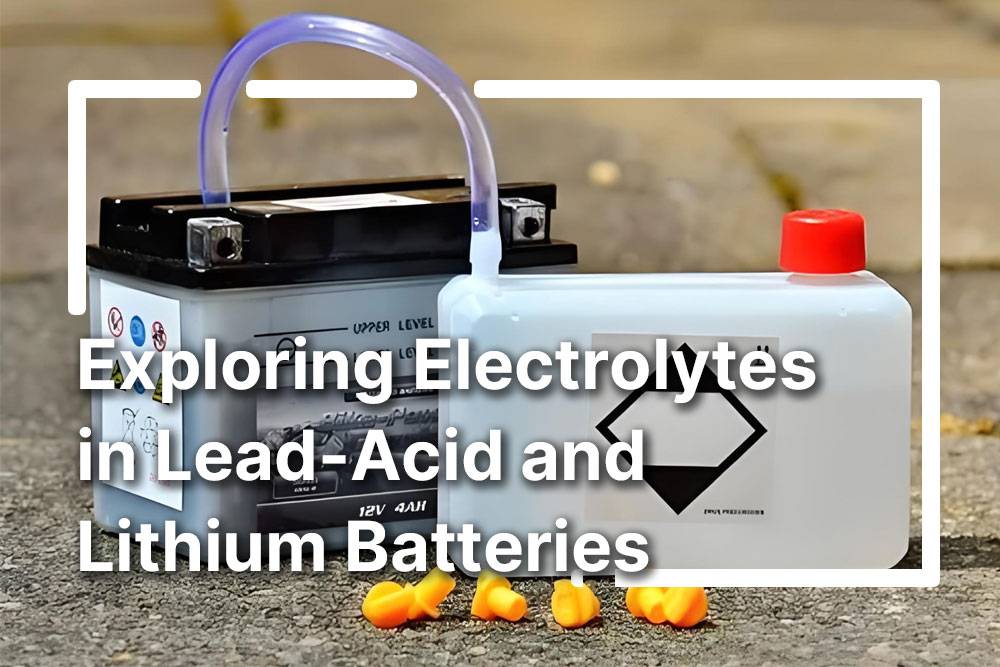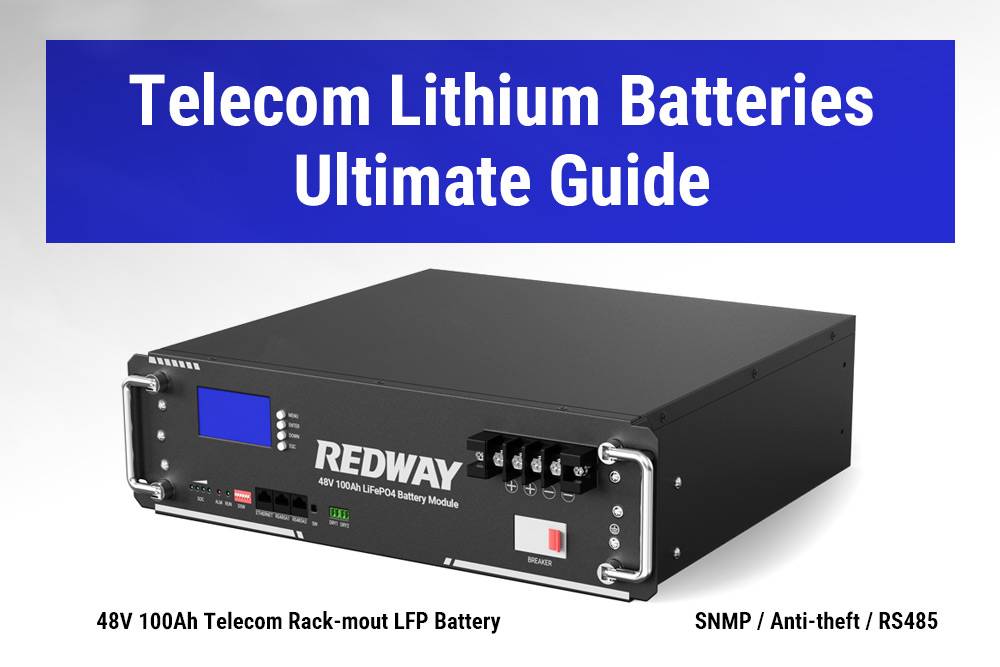- Forklift Lithium Battery
-
48V
- 48V 210Ah
- 48V 300Ah
- 48V 420Ah (949 x 349 x 569 mm)
- 48V 420Ah (950 x 421 x 450 mm)
- 48V 456Ah
- 48V 460Ah (830 x 630 x 590 mm)
- 48V 460Ah (950 x 421 x 450 mm)
- 48V 460Ah (800 x 630 x 600 mm)
- 48V 460Ah (820 x 660 x 470 mm)
- 48V 500Ah
- 48V 560Ah (810 x 630 x 600 mm)
- 48V 560Ah (950 x 592 x 450 mm)
- 48V 600Ah
- 48V 630Ah
-
48V
- Lithium Golf Cart Battery
- 12V Lithium Battery
12V 150Ah Lithium RV Battery
Bluetooth App | BCI Group 31
LiFePO4 Lithium
Discharge Temperature -20°C ~ 65°C
Fast Charger 14.6V 50A
Solar MPPT Charging - 24V Lithium Battery
- 36V Lithium Battery
- 48V Lithium Battery
-
48V LiFePO4 Battery
- 48V 50Ah
- 48V 50Ah (for Golf Carts)
- 48V 60Ah (8D)
- 48V 100Ah (8D)
- 48V 100Ah
- 48V 100Ah (Discharge 100A for Golf Carts)
- 48V 100Ah (Discharge 150A for Golf Carts)
- 48V 100Ah (Discharge 200A for Golf Carts)
- 48V 150Ah (for Golf Carts)
- 48V 160Ah (Discharge 100A for Golf Carts)
- 48V 160Ah (Discharge 160A for Golf Carts)
-
48V LiFePO4 Battery
- 60V Lithium Battery
-
60V LiFePO4 Battery
- 60V 20Ah
- 60V 30Ah
- 60V 50Ah
- 60V 50Ah (Small Size / Side Terminal)
- 60V 100Ah (for Electric Motocycle, Electric Scooter, LSV, AGV)
- 60V 100Ah (for Forklift, AGV, Electric Scooter, Sweeper)
- 60V 150Ah (E-Motocycle / E-Scooter / E-Tricycle / Tour LSV)
- 60V 200Ah (for Forklift, AGV, Electric Scooter, Sweeper)
-
60V LiFePO4 Battery
- 72V~96V Lithium Battery
- Rack-mounted Lithium Battery
- E-Bike Battery
- All-in-One Home-ESS
- Wall-mount Battery ESS
-
Home-ESS Lithium Battery PowerWall
- 24V 100Ah 2.4kWh PW24100-S PowerWall
- 48V 50Ah 2.4kWh PW4850-S PowerWall
- 48V 50Ah 2.56kWh PW5150-S PowerWall
- 48V 100Ah 5.12kWh PW51100-F PowerWall (IP65)
- 48V 100Ah 5.12kWh PW51100-S PowerWall
- 48V 100Ah 5.12kWh PW51100-H PowerWall
- 48V 200Ah 10kWh PW51200-H PowerWall
- 48V 300Ah 15kWh PW51300-H PowerWall
PowerWall 51.2V 100Ah LiFePO4 Lithium Battery
Highly popular in Asia and Eastern Europe.
CE Certification | Home-ESS -
Home-ESS Lithium Battery PowerWall
- Portable Power Stations
Can I Send Lithium Batteries Through UPS?
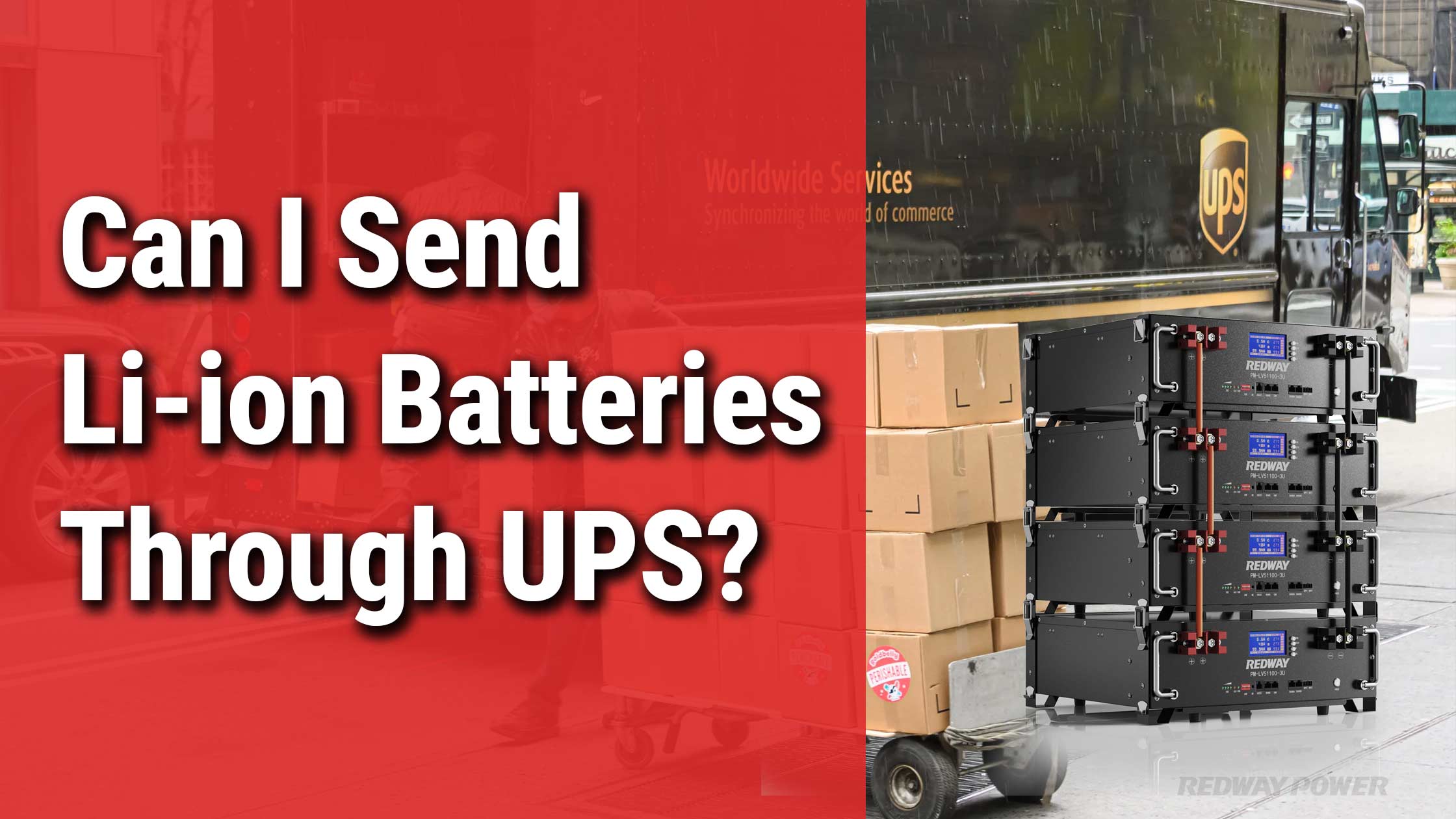
Yes, you can send lithium batteries through UPS, but there are specific regulations and guidelines that must be followed to ensure safe and compliant shipping. Understanding these requirements is crucial to avoid potential hazards and penalties. This article outlines everything you need to know about shipping lithium batteries via UPS.
What are the regulations for shipping lithium batteries through UPS?
UPS has established strict regulations regarding the shipment of lithium batteries due to their classification as hazardous materials. All air shipments of lithium ion or metal batteries must comply with dangerous goods regulations. Specifically, shipments without equipment (UN3090, UN3480) must be fully regulated, requiring a UPS Dangerous Goods contract.Chart: Overview of Shipping Regulations
| Regulation Type | Description |
|---|---|
| UN3090 | Lithium metal batteries packed alone |
| UN3480 | Lithium ion batteries packed alone |
| Dangerous Goods Contract | Required for certain shipments |
How do you properly package lithium batteries for shipment?
Proper packaging is essential to ensure safety during transport. Here’s how to package lithium batteries:
- Use Strong Packaging: Choose sturdy boxes that can withstand impacts.
- Cushioning: Use bubble wrap or foam to protect the batteries from movement.
- Seal Securely: Ensure all packages are sealed tightly with strong tape.
- Label Appropriately: Use the required hazard labels and markings.
Chart: Packaging Steps Overview
| Step | Description |
|---|---|
| Use Strong Packaging | Select durable boxes |
| Cushioning | Protect with bubble wrap or foam |
| Seal Securely | Use strong tape |
| Label Appropriately | Apply necessary hazard labels |
What types of lithium batteries can be shipped via UPS?
UPS accepts various types of lithium batteries, including:
- Lithium Ion Batteries (UN3480): Commonly used in consumer electronics.
- Lithium Metal Batteries (UN3090): Found in devices like cameras and watches.
- Batteries Packed with Equipment (UN3481): These can be shipped under less stringent regulations if included with devices.
New FedEx and UPS Lithium Battery Rules
What are the labeling requirements for lithium battery shipments?
Labeling is critical when shipping lithium batteries:
- Hazard Labels: Packages must display a Class 9 label indicating they contain lithium batteries.
- Lithium Battery Handling Label: Required if shipping more than two cells or one battery.
- Documentation: Include a completed Lithium Battery Safety Document when necessary.
Chart: Labeling Requirements
| Label Type | Requirement |
|---|---|
| Class 9 Label | Indicates hazardous materials |
| Handling Label | Required based on quantity |
| Safety Document | Needed for certain shipments |
What are the safety considerations when shipping lithium batteries?
Safety is paramount when shipping lithium batteries:
- State of Charge: Ensure that cells are at a safe state of charge (generally below 30%).
- Temperature Control: Avoid extreme temperatures during transport.
- Avoid Damage: Inspect packaging and cells for any signs of damage before shipping.
How do you determine if your lithium battery is safe to ship?
To determine if your battery is safe to ship:
- Check Specifications: Ensure it meets UPS and IATA guidelines regarding size and weight.
- Inspect Condition: Look for any physical damage, swelling, or leaks.
- Verify Compliance: Confirm that it complies with local and international regulations.
What is the process for shipping lithium batteries internationally?
Shipping internationally involves additional steps:
- Follow International Guidelines: Adhere to IATA regulations and country-specific laws.
- Complete Necessary Documentation: Fill out customs forms accurately.
- Label Packages Correctly: Ensure all required labels are affixed before shipment.
Chart: International Shipping Process
| Step | Description |
|---|---|
| Follow International Guidelines | Adhere to IATA rules |
| Complete Documentation | Fill out customs forms |
| Label Packages Correctly | Apply all necessary labels |
Why is it important to follow shipping regulations for lithium batteries?
Following regulations is crucial because:
- Safety Risks: Non-compliance can lead to hazardous incidents during transport.
- Legal Consequences: Violating shipping laws can result in fines or legal action.
- Reputation Impact: Companies may face reputational damage from unsafe practices.
What are the IATA guidelines for shipping lithium batteries?
The International Air Transport Association (IATA) provides detailed guidelines that include:
- Packing Instructions: Specific requirements on how to pack different types of lithium batteries.
- Labeling Standards: Guidelines on how packages should be labeled.
- Documentation Requirements: Necessary paperwork that must accompany shipments.
How do you prepare lithium batteries for air transport?
Preparation involves several key steps:
- Charge Levels: Ensure that all cells have a state of charge below 30%.
- Proper Packaging: Follow IATA packing instructions carefully.
- Documentation Check: Ensure all required documents are complete and accurate.
What are the penalties for non-compliance with shipping regulations?
Penalties can include:
- Fines: Significant monetary fines imposed by regulatory bodies.
- Legal Action: Potential lawsuits or criminal charges in severe cases.
- Shipping Bans: Companies may be banned from using certain carriers.
Why is proper documentation required for lithium battery shipments?
Proper documentation ensures compliance with legal requirements, facilitates customs clearance, and provides essential information about handling procedures in case of emergencies.
Industrial News
The regulation surrounding the shipment of lithium batteries continues to evolve as demand increases in various sectors, including electric vehicles and consumer electronics. Recent updates emphasize stricter compliance with safety standards during transport, particularly concerning air shipments, where risks associated with battery fires have prompted enhanced scrutiny from regulatory bodies.
Redway Power Insights
“Understanding how to properly ship lithium batteries is essential not just for compliance but also for safety,” states an industry expert. “As regulations become stricter, it’s crucial that shippers stay informed about best practices and adhere strictly to guidelines.”
